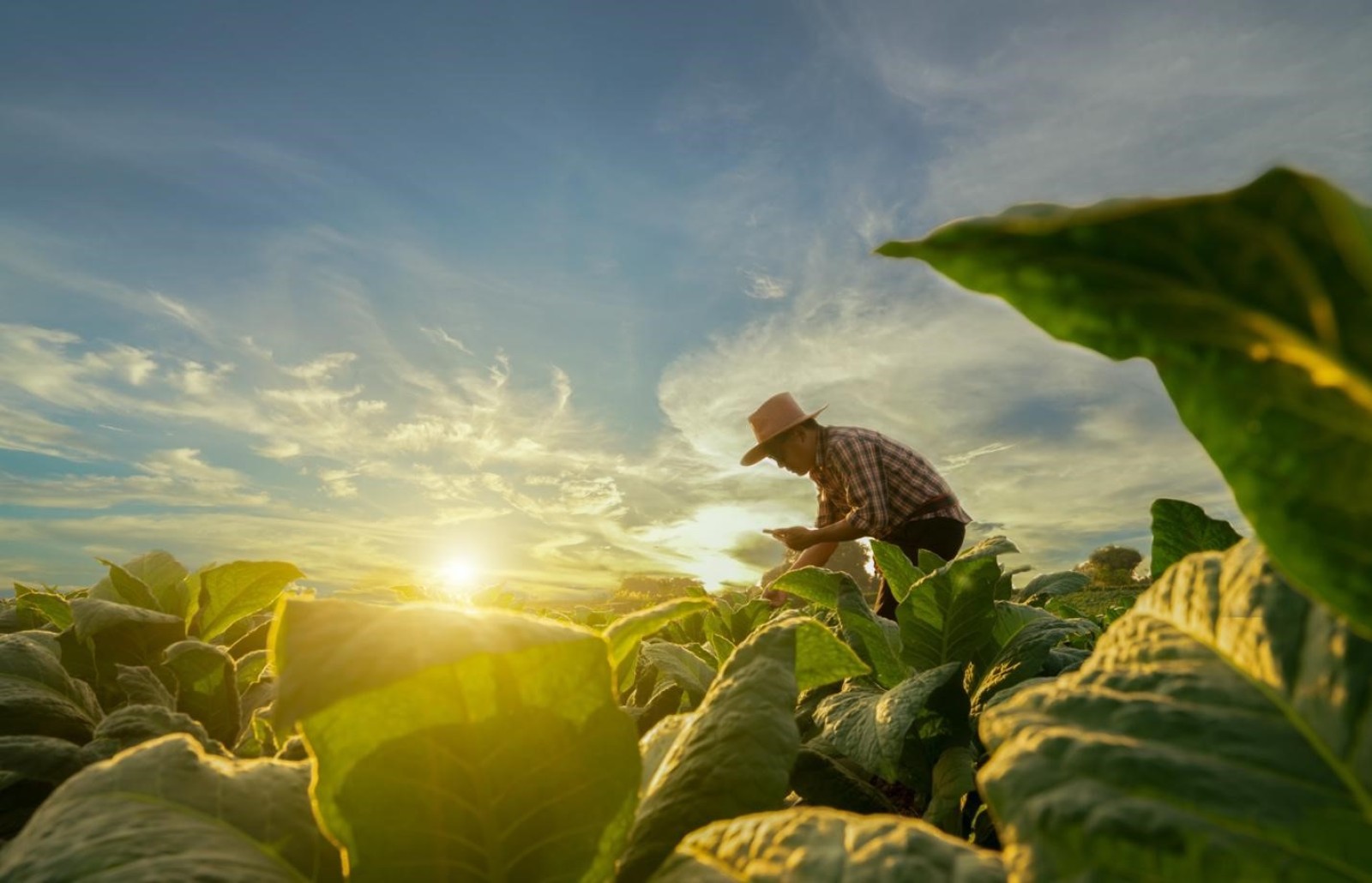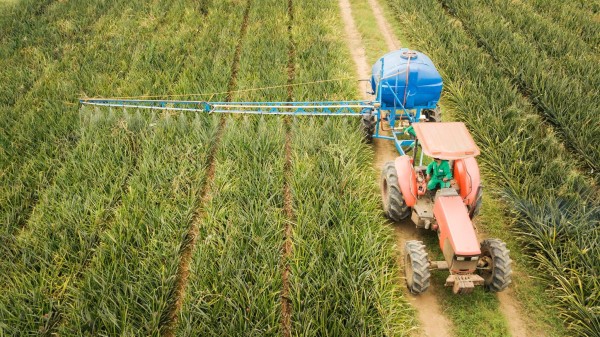How to Make your Brand Stand Out
Being a newbie in any industry is tough, most especially in the cutthroat world of food and bever-ag...

February 10, 2022
The demand for healthy food options has made halal products more desirable even to non-Muslims. Add to that the growing number of Muslim and non-Muslims in the global market that are requiring halal-certified products, more and more SMEs are seeing the value in making products that are halal.
The halal industry is growing at an unprecedented rate. It’s hardly unexpected: Islam is the second most popular religion globally, and halal is primarily a religious custom. Moreover, even non-Muslims have embraced the practice, appreciating the clean, and rigid processes that go into the halal value chain. According to consumer data provider Statista, the halal product market would reach $2.6 trillion by 2024. As of 2021, the food sector accounts for 31.46%. In some forecasts, the numbers are even greater.
With the Philippines’ Muslim heritage, sharing a piece of this market is rife with potential. The Muslim population has been increasing 1.8% a year since 2014. To strengthen the local halal industry and establish the country as a halal resource, the Department of Trade and Industry and Zamboanga City broke ground on the Asian Halal Center in 2018. The 100-hectare area aspires to be the epicenter of halal enterprises in the Philippines and the Brunei Darussalam-Indonesia-Malaysia-Philippines East ASEAN Growth Area (BIMP-EAGA) region. It will also strengthen Zamboanga’s position as the Philippines’ halal processing and manufacturing hub.

According to the DTI, the center does not only encourage international trade prospects, but it also stages prospects for micro, small, and medium entrepreneurs. Currently, the agency has already lined up 14 potential locators to lease the center’s facilities.
According to Al Arabiya News, The Zamboanga City Special Economic Zone and Freeport Authority even offered incentives for investors to set up shop in the area. These incentives included 100% ownership of the business, and working visas to foreign executives and technicians. Patrons who maintain a capital investment of over $150,000 will also receive permanent residency status in the Zamboanga Ecozone.

Various government agencies have taken steps to promote the halal industry. In 2017, the Philippines joined the International Halal Accreditation Forum, a non-government group that enforces and mandates halal standards. In 2018, the Department of Agriculture and the Halal Program Management Office launched the DA-Halal Food Industry Development Program, which plans to make halal processes more sustainable.
In 2021, the University of the Philippines Los Baños announced that it was developing a Halal Science and Technology, and One Health Knowledge Center for Southeast Asia. This hub will be a virtual one-stop, open-access, international exchange of ideas relating to halal and health.
The concept of halal began centuries ago, but it’s only in recent history that it’s becoming a major industry player. And the Philippines is right at the cusp of its potential.
Check out these food fusions between Filipino and Middle Eastern cuisines
The unending quest for healthy and sustainable food amid changing lifestyles
A quick look at the Philippine food staple often getting a bad health rap